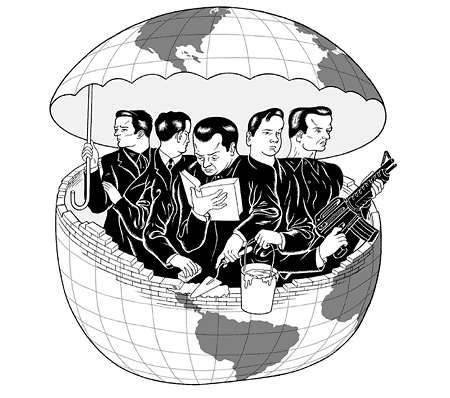By William Branigin
Washington Post Staff Writer
Tuesday, February 17, 2009; 3:34 PM
President Obama today signed into law a $787 billion economic stimulus plan that he said begins "the essential work of keeping the American dream alive in our time."
In a speech and signing ceremony in Denver, Obama said the new law is aimed at creating millions of jobs and halting the U.S. economy's downward spiral.
Obama signed the massive, nearly 1,100-page American Recovery and Reinvestment Act at the Denver Museum of Nature and Science, a setting intended to underscore the new law's role in creating clean-energy jobs. Before the signing, the president toured a solar panel installation on the museum's roof.
From Colorado, Obama is scheduled to fly to Arizona, where he plans to unveil an initiative tomorrow to help millions of homeowners avoid foreclosure.
The bill passed the House Friday by a vote of 246 to 183 and was approved that night in the Senate by 60 to 38. No House Republicans voted for the package. In the Senate, only three Republicans supported the bill, narrowly giving it a filibuster-proof majority and handing Obama a major legislative victory within his first month in office.
Obama said the legislation will save or create 3.5 million jobs over the next two years, pulling the nation back from the brink of what he has called a potential economic catastrophe. The measure aims to spur job growth through massive new investments in energy, transportation, education and health-care projects, while reviving social safety-net programs.
A little more than a third of the legislation's price tag comes from tax cuts. The rest of the costs, about $507 billion, are from spending.
In part, the new law is intended to make good on Obama's campaign pledges to upgrade the nation's aging roads, bridges and electricity grid; overhaul and computerize medical record-keeping and develop alternative energy resources to fight global warming and reduce U.S. dependence on foreign oil.
The bill includes nearly $50 billion for roads, bridges, transit and rail, including $8 billion for high-speed rail.
Subscribe to:
Post Comments (Atom)
Rafael V. Mariano, chairperson of the Peasant Movement of the Philippines, 2000
Food has long been a political tool in US foreign policy. Twenty-five years ago USDA Secretary Earl Butz told the 1974 World Food Conference in Rome that food was a weapon, calling it 'one of the principal tools in our negotiating kit.' As far back as 1957 US Vice-President Hubert Humphrey told a US audience, "If you are looking for a way to get people to lean on you and to be dependent on you in terms of their cooperation with you, it seems to me that food dependence would be terrific."



No comments:
Post a Comment